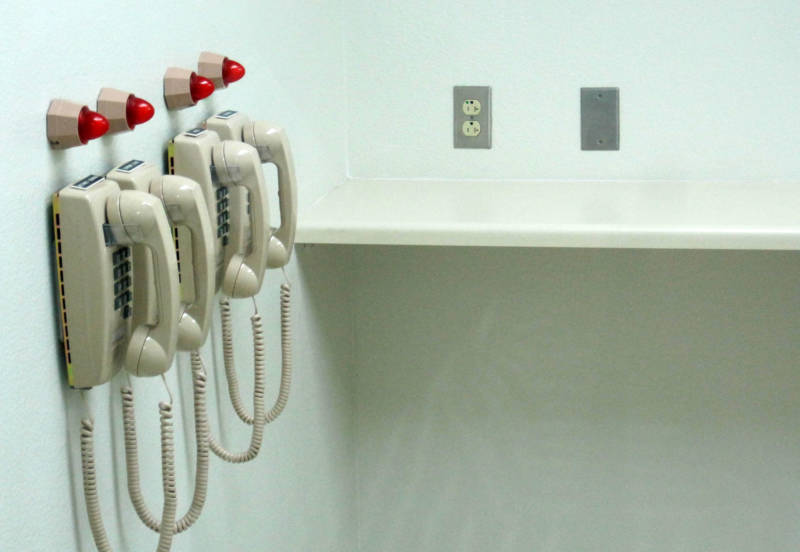The California Supreme Court has delayed implementing an initiative that would speed up executions of condemned inmates to give the justices more time to weigh a lawsuit challenging the measure.
In a one-page order announced Tuesday afternoon, the court stayed the "implementation of all provisions of Proposition 66."
The court set a schedule extending into late January for both the state, which is fighting the suit, and Proposition 66 opponents to file further briefs in the case.
Proposition 66 would change how appeals are handled, appointing more lawyers to take cases, putting certain types of appeals before trial court judges and setting a five-year deadline for appeals to be heard. Currently, it can take longer than that for an attorney to be assigned to a case and upward of 25 years to exhaust appeals.
The lawsuit by former Attorney General John Van de Kamp and Ron Briggs, whose father wrote the ballot measure that expanded California's death penalty in 1978, said the reform measure would disrupt the courts, cost more money and limit the ability to mount proper appeals.
